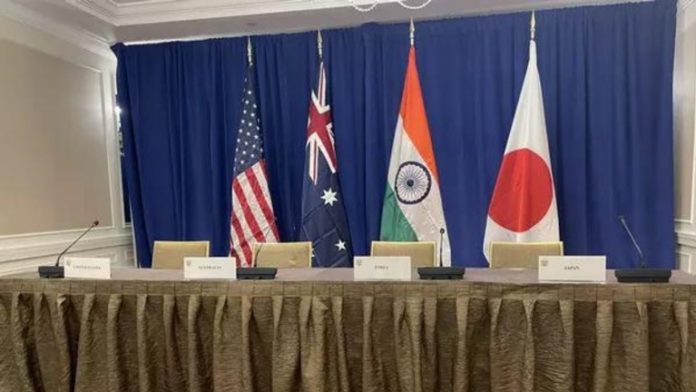Japan may host a meeting of Quad foreign ministers later this month, amid escalating tensions in South China Sea and the threat of a military confrontation between China and the Philippines.
Australia, India, Japan and the US are looking to finalise a date in the latter half of this month for the meeting in which the foreign ministers will be expected to strongly reaffirm their commitment to rules-based international order and free and open Indo-Pacific.
They will also review cooperation on Quad initiatives for the Indo-Pacific announced during the Hiroshima summit last year, including in climate change, clean energy supply chains, and infrastructure.
It’s India’s turn to host the summit this year but the meeting is now expected to take place only after the US elections. India had proposed to host the summit in January this year, following the Republic Day celebrations, but that didn’t work out as US President Joe Biden turned down the invite to attend the event as chief guest.
Amid the China-Philippines flare-up, the ministers can also be expected to reiterate Quad’s opposition to any unilateral action to change the status quo by force or coercion. China was Monday reported to have deployed an aircraft carrier near the Philippines.
In the last foreign ministers’ meeting, on the margins of UNGA in 2023, Quad had expressed serious concern about the militarization of disputed features, the dangerous use of coast guard and maritime militia vessels, and efforts to disrupt other countries’ offshore exploitation activities.
Talks are also expected on the situation in Myanmar, North Korea, as also on the Ukraine issue, something which has creeped into Quad’s agenda despite India’s reluctance initially to focus on it. India had joined others in expressing in a joint statement deep concern over the war and in mourning its “terrible and tragic humanitarian consequences”. In the context of the Ukraine war, Quad has also described the
threat of use of nuclear weapons as unacceptable, and underscored that the rules-based international order must respect the sovereignty and territorial integrity of all states.









































